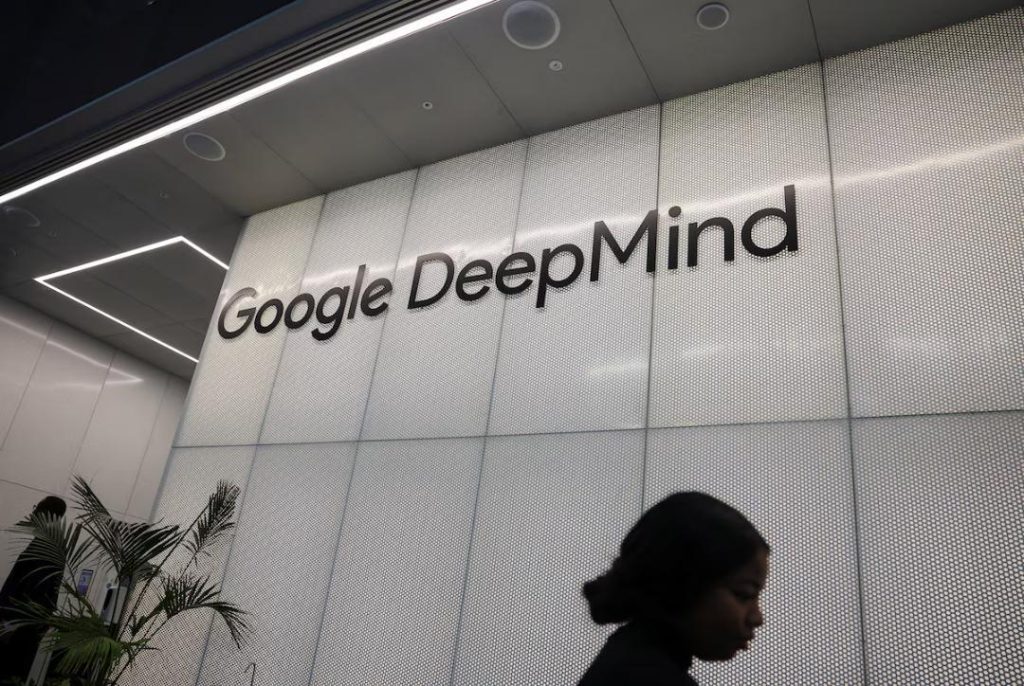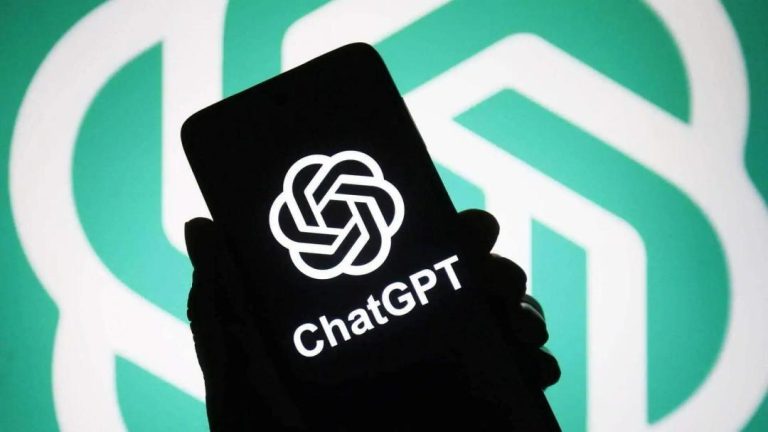
DeepMind UK Staff Plan to Challenge Deals with Israel Ties: Report
In a move that is sending shockwaves through the tech industry, staff at Google’s artificial intelligence (AI) subsidiary DeepMind in the UK are planning to unionize in an effort to challenge the company’s decision to sell its AI technologies to defence groups with ties to the Israeli government. According to a report by the Financial Times, around 300 of DeepMind’s London-based staff have been seeking to join the Communication Workers Union (CWU) in recent weeks, citing concerns over the company’s involvement with Israeli defence companies.
This development comes on the heels of a highly publicized controversy last year, in which Google fired over 50 employees for protesting against the company’s contract with the Israeli government, known as “Project Nimbus”. The project, which was announced in 2021, aimed to provide cloud-based services to Israeli government agencies and defence companies. However, many employees and human rights groups expressed outrage over the deal, citing Israel’s treatment of Palestinians and its use of AI technology in its military operations.
The plan by DeepMind staff to unionize and challenge the company’s deals with Israeli defence companies is seen by many as a significant development in the ongoing debate over the use of AI technology in the Israeli-Palestinian conflict. While AI has the potential to bring about many benefits, including improved efficiency and decision-making, its use in military contexts has raised concerns about the potential for bias and human rights violations.
DeepMind, which was acquired by Google in 2014, has been at the forefront of AI research and development, with its algorithms being used in a wide range of applications, from medical diagnosis to language translation. However, the company’s involvement with Israeli defence companies has sparked controversy among some employees, who argue that the company’s technology is being used to support the Israeli military’s operations in the occupied West Bank and Gaza Strip.
The CWU, which has been supporting the DeepMind staff’s efforts to unionize, has expressed concerns over the company’s decision to sell its AI technologies to defence groups with ties to the Israeli government. In a statement, the union said that it was “alarmed” by the company’s actions and called on Google to “immediately cease all activity that supports the Israeli military”.
The controversy surrounding DeepMind’s involvement with Israeli defence companies has also raised questions about the company’s commitment to ethical AI development. While Google has implemented various measures to ensure the ethical development of AI, including the creation of an AI ethics board, some critics argue that the company’s involvement with Israeli defence companies undermines its commitment to ethical AI development.
In response to the controversy, Google has said that it is committed to ensuring that its technology is used in a responsible and ethical manner. However, some critics argue that the company’s actions are not enough and that it must take more concrete steps to address the concerns of its employees and human rights groups.
The plan by DeepMind staff to unionize and challenge the company’s deals with Israeli defence companies is seen by many as a significant development in the ongoing debate over the use of AI technology in the Israeli-Palestinian conflict. While AI has the potential to bring about many benefits, including improved efficiency and decision-making, its use in military contexts has raised concerns about the potential for bias and human rights violations.
As the debate continues to unfold, it remains to be seen whether DeepMind staff will be successful in their efforts to challenge the company’s deals with Israeli defence companies. However, one thing is clear: the controversy surrounding DeepMind’s involvement with Israeli defence companies has highlighted the need for greater transparency and accountability in the development and use of AI technology.
Source:






